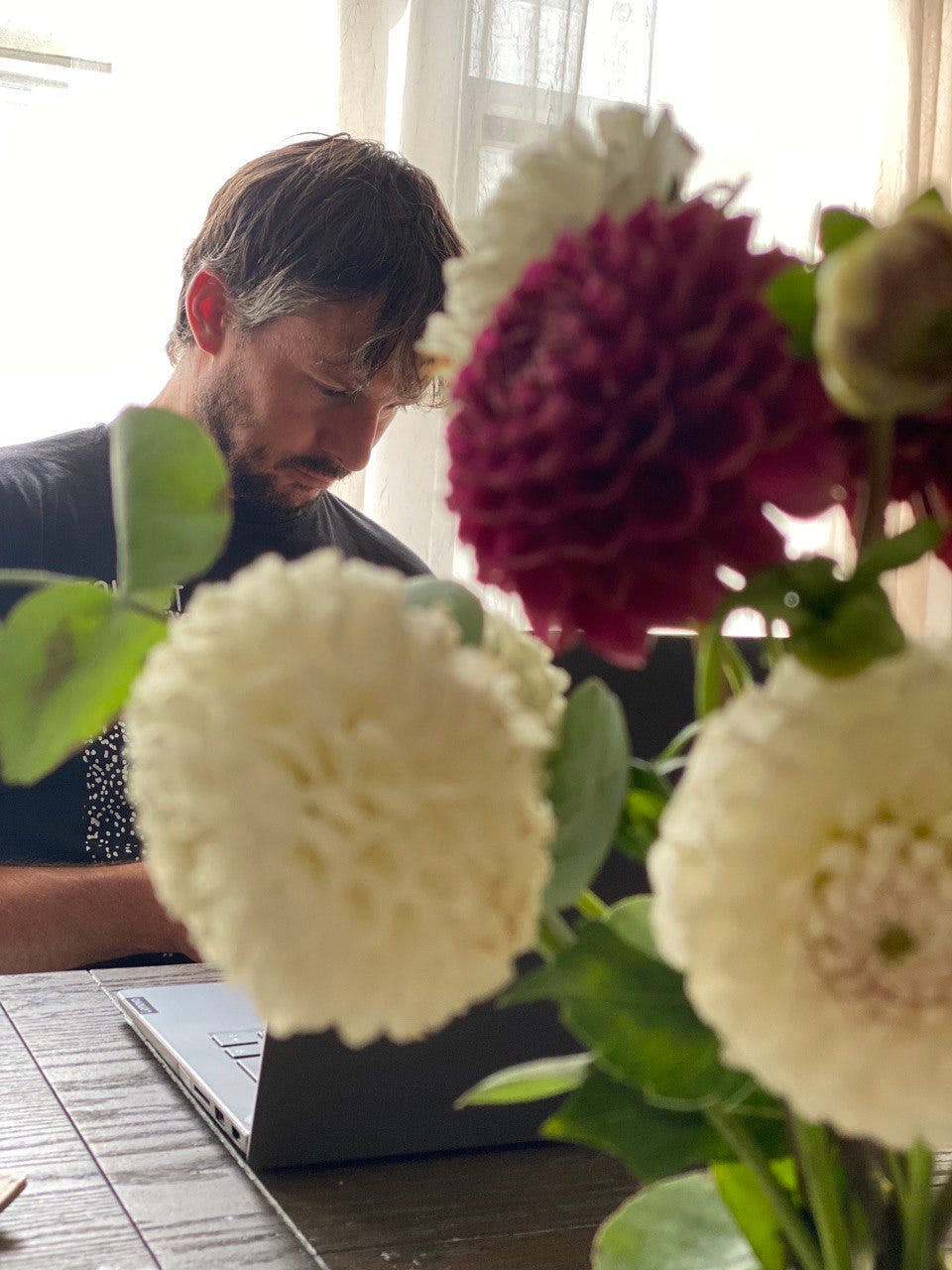Surviving Leviathan
For pretty much my entire life, I’ve been participating in struggles and movements against ecocide, gentrification, the police, neoliberalism, prison, patriarchy, militarism, and other threads of this world-devouring machine we could call the State, capitalism, Leviathan…
Social centers and Copwatch groups in smalltown Virginia; squatted houses and urban gardens in Barcelona; illegal street parties in Athens; soil remediation, collective olive harvests, and neighborhood assemblies in smalltown Catalunya: there is an abundance of joy in our struggles. But life isn’t always sustainable, inside or outside these movements. Living hurts, and the oppressive structures that make up Leviathan damage us, every day.
There’s nothing abstract about a father’s fists, the door of a principal’s office, a bulldozer’s blade, a prison guard’s keys, an unhealthy work environment, an open wound and a hospital bill you couldn’t hope to cover, manic depression and the stigma wrapped around it like razor wire, friends you can’t get out of prison, loved ones with chronic illnesses you can’t cure, cops who come to cut off your electricity and leave an eviction notice. The drought. The wildfires that tear through a forest that had just started to heal. And the way all of these things show up inside of us. The ways that we can become the cop, the abuser, the one getting paid to unroll another spool of razor wire.
Too many of us are let down by the movements meant to address all these problems. But on the margins, in the shadows, there is a conversation unfolding about what we need to do and how we need to do it. There is a conversation that is a torch, it is ammunition, a weapon for liberation, but it is also an embrace, encouragement, a recognition that we are hurting and often hurting each other and maybe none of us get out of this alive, but we are here and that is a beautiful thing.
It is the recognition that healing is also fighting. As is remembering.
Writing is not fighting
Writing is not fighting. But sometimes writing contributes to the conversation, and the conversation is a large part of the fight for a better world. Too often, though, people adjacent to or coming out of social movements use writing as a stepping stone to an individualist career.
When I was much younger, I made a simple decision that I thought would solve an ethical quandary: I decided never to make money from my writing. And then I threw myself into it. How Nonviolence Protects the State, Consensus: A Handbook, Anarchy Works, The Failure of Nonviolence, Worshiping Power, The Solutions Are Already Here, and plenty more I wrote anonymously or under pen names. (Much of it is available on theanarchistlibrary.org )
Between the bipolar and all the writing, the lack of a college degree, and the years I was facing deportation and lacked a work permit, I’ve rarely had a full time job. Instead I’ve worked odd jobs or informal jobs, stole housing, utilities, and food, and participated in growing networks where we try to build the conditions for our survival in anticapitalist ways.
But it was a workaround, not a fix. All revolutionary movements are, until they win.
I still do not like money, but I would like to be able to have access to housing and healthcare, and to take care of my loved ones with chronic health problems. Friends with more feminist politics have chided me: if there is a conflict between my ability to take care of myself and my loved ones, and my anticapitalist politics, there’s a problem with my anticapitalist politics.
So, in addition to looking for the next part-time gig, I am naming the puritans among my ancestors, opening the door, and sending them off into the hereafter. Then I am putting out a hat (actually, maybe I could invite one of them back in real quick, just to… grab something, cuz my god those hats!), and asking for support.
More than anything, I want to contribute to the conversation on how we get free and not obliterate ourselves trying. And that conversation needs to be as broad, multiform, and accessible as possible. So I will continue putting my writing out for free. But I will also admit, albeit still a little bashfully (I mean jeez, look at this preamble), that if you want to support my work, I really appreciate it.
Essays and Newsletters
I am all about the ups and downs. Flat lines have never been my jam. But my goal is to publish an essay or newsletter every fortnight (that’s semi-monthly, game nerds!). These will be free, posted on the website and sent to the inbox of everyone with a subscription.
These essays are going to be wide-ranging. Some will be explorations of radical history, perhaps on the anniversary of an important event. Others will be dives into anarchist theory, either a question made particularly relevant by world events, or a completely obscure question I just happen to have been obsessing about. Personal experiences are at the heart of all my writing, but I usually hide that fact. Since this is a bit hypocritical of me, I’ll be using some of my writing to process things I’ve lived through. Which is scary, so thanks for sharing this space with me. And other times I will get nerdy about language, or gush about gardens and forest restoration and food autonomy, and undoubtedly I won’t be able to resist writing a hot take on some movie or TV series every now and then.
Expect the unexpected.
Videos and Audios
I want the newsletters to be free for everyone. For the first year, people with a paid subscription also received a video or an audio in which I go into the circumstances that led me to writing the latest installment, doubts I had, or aspects of the topic I wanted to explore in more depth. However, especially with health problems, I haven’t had the time and energy to do this and my priority is without a doubt the newsletter that is free for everyone.
Payment shouldn’t affect access. Moving forward, my hope is that people who are able to get a subscription to support my work and all the time and labor I put into writing and research. If we aspire to a gift economy, let’s consider it a gift. And a true gift cannot be transactional. People who don’t have extra income can enjoy the exact same newsletter, for free.



